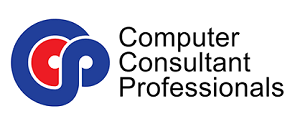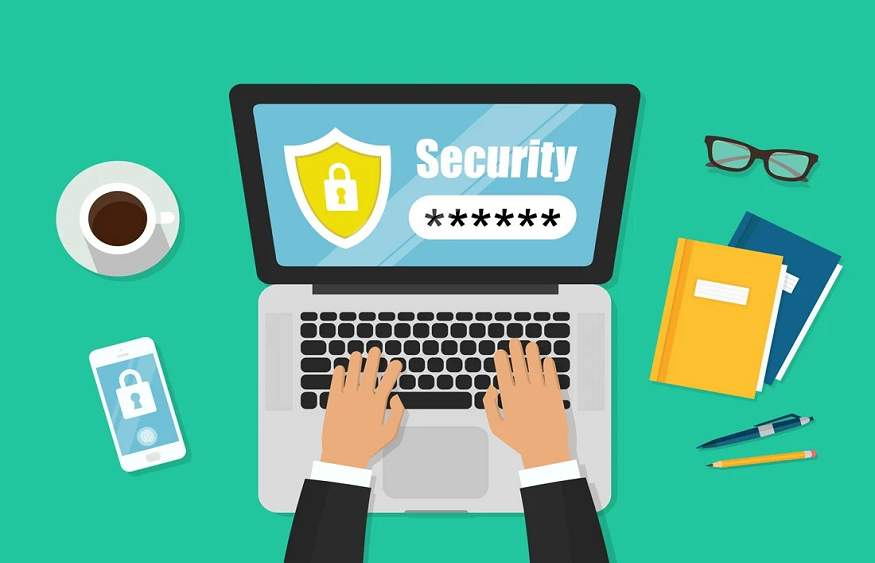In the digital age, the battle against unwanted hacker attacks has escalated to unprecedented levels, making website security a paramount concern for businesses and individuals alike. The internet, while enabling global connectivity and opportunities, has also opened the door to a vast array of cyber threats, ranging from data breaches to denial-of-service attacks. These malicious activities not only pose significant risks to the integrity of websites but also jeopardize sensitive user information, erode trust, and damage brand reputations.
As hackers continually develop sophisticated techniques to exploit vulnerabilities, website owners must remain vigilant and proactive in safeguarding their online assets. Implementing robust website security measures has become a non-negotiable necessity, as hackers relentlessly probe for weaknesses to breach defenses and access sensitive data. This article delves into the multifaceted battle against unwanted hacker attacks, exploring the key security challenges faced by websites and presenting actionable strategies to bolster defense systems and ensure a resilient online presence.
Comprehending the Risk Environment
The digital landscape is rife with diverse cyber threats, ranging from sophisticated malware and phishing attacks to brute force attempts and DoS assaults. These malicious activities target websites with the intention of exploiting vulnerabilities, breaching security defenses, and gaining unauthorized access to sensitive information.
Websites are frequently targeted for a variety of reasons. E-commerce platforms, for instance, house financial data and customer details, making them lucrative targets for data breaches. On the other hand, high-profile websites or government portals are often targeted by hacktivist groups seeking to propagate a political message or deface the site.
Frequent Website Security Vulnerabilities
One of the most common security risks faced by websites is the exploitation of outdated software and plugins. Hackers often capitalize on unpatched vulnerabilities in Content Management Systems (CMS) like WordPress to gain unauthorized access to websites. Regular software updates and security patches are crucial to mitigate such risks.
Another critical risk is password-related attacks. Weak passwords, reused credentials, and a lack of two-factor authentication make it easier for hackers to break into user accounts and manipulate websites. Implementing strong password policies and enabling multi-factor authentication can significantly enhance website security.
Phishing attacks pose a substantial threat to users, often through deceptive emails or websites that trick users into revealing their login credentials or financial information. Educating users about phishing techniques and employing email filters can help minimize this risk.
The Destructive Consequences of Data Breaches
Data breaches have far-reaching consequences, affecting both website owners and their users. For businesses, a data breach can result in financial losses, legal repercussions, and reputational damage. Customers who fall victim to data breaches may suffer identity theft, financial fraud, and loss of trust in the compromised website.
Improving Website Security Measures
To combat unwanted hacker attacks, a comprehensive approach to website security is essential. Here are some actionable strategies to bolster website defenses:
- Regular Software Updates: Keeping all software, including CMS platforms and plugins, up to date is crucial to ensure that known vulnerabilities are patched promptly. Implementing automatic updates can further streamline this process. During the maintenance process, it is essential for your visitors to stay informed about what is happening on your site, and using plugins to create stunning landing pages can effectively communicate ongoing maintenance and updates, ensuring a seamless and transparent user experience.
- Strong Password Policies: Enforce password complexity requirements and encourage users to create strong, unique passwords. Two-factor authentication adds an extra layer of security and prevents unauthorized access even if passwords are compromised.
- Secure Socket Layer (SSL) Certificates: Implement SSL certificates to encrypt data transmitted between the server and users’ browsers. SSL certificates create a secure connection, protecting sensitive information during transmission.
- Regular Security Audits and Vulnerability Scans: Conducting periodic security audits and vulnerability scans can identify weaknesses in website security and address them proactively.
- Backup and Disaster Recovery: Regularly back up website data and ensure that backups are stored securely. Having a disaster recovery plan in place can help quickly restore operations in the event of a breach or data loss.
- Employee Training: Educate employees and users about common cyber threats, phishing scams, and best security practices to minimize human error and prevent security breaches.
- Security Monitoring and Incident Response: Implement real-time security monitoring and an incident response plan to detect and respond swiftly to any suspicious activities or potential breaches.
- Having broken links on your website not only affects user experience and search engine rankings but can also indirectly impact its security by compromising the credibility and integrity of the site.
Recognizing the Significance of Collaboration and Awareness
Website security is a collective effort that requires collaboration between website owners, hosting providers, security experts, and users. Cybersecurity awareness among all stakeholders is crucial in identifying and preventing potential security risks.
Website owners should proactively communicate with their users about website security measures, encouraging them to stay vigilant and report any suspicious activities. Regularly sharing security updates and best practices can further enhance user awareness and trust.
Collaborating with reputable security firms and leveraging their expertise can strengthen website defenses and enhance incident response capabilities. It is crucial to stay informed about emerging threats and security trends to adapt and respond effectively to the evolving threat landscape.
Conclusion
Website security and the battle against hacker attacks are ongoing challenges in the digital landscape. Regular software updates, strong password policies, SSL certificates, and collaboration among website owners, hosting providers, security experts, and users are essential for enhancing website defenses.
Educating users and staying informed about emerging threats can prevent security breaches and minimize the impact of potential incidents. By adopting a comprehensive approach to website security, website owners can safeguard their businesses and users’ trust in a safer online environment.

